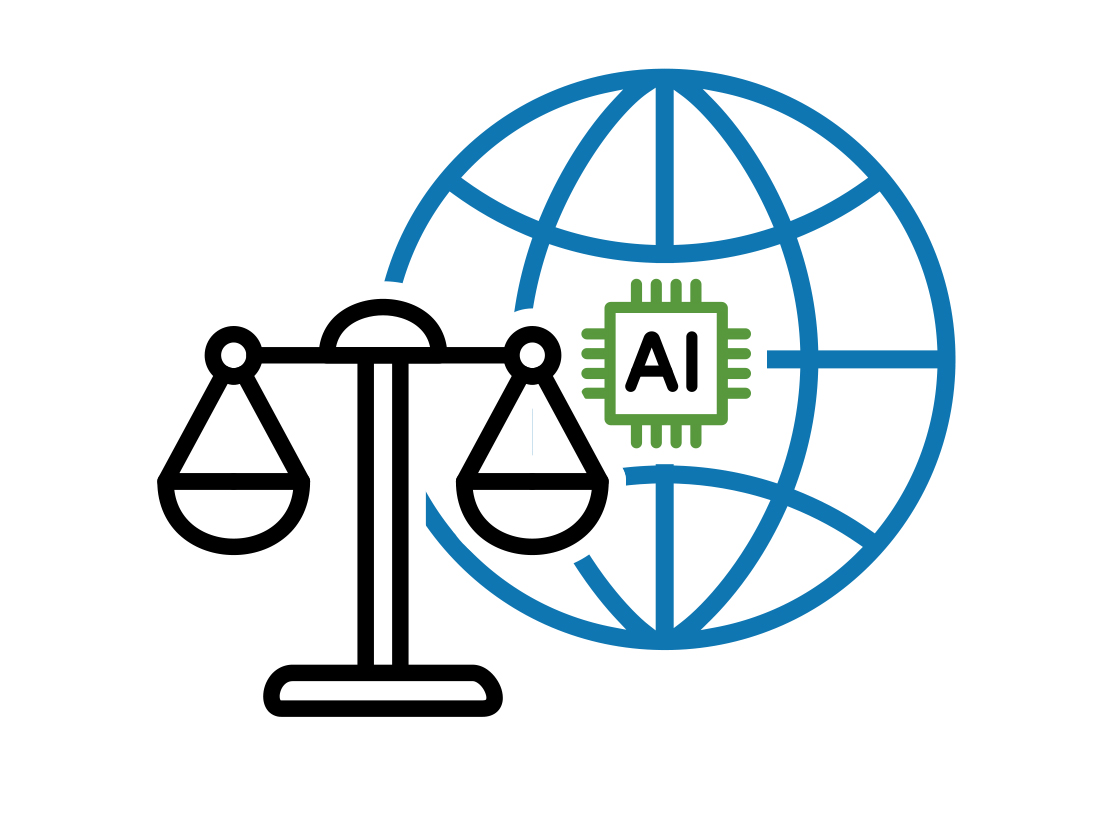As technology continues to evolve at a rapid pace, artificial intelligence (AI) is becoming increasingly integral to the way businesses operate. From automating mundane tasks to providing sophisticated insights through data analysis, AI is transforming industries across the board. However, with great power comes great responsibility, and regulatory bodies around the world are beginning to take notice. While the European Union's AI Act might seem geographically distant, its implications could very well reach American shores and affect businesses here.
What is the EU AI Act?
The European Union's AI Act is a comprehensive regulatory framework designed to oversee the development, deployment, and use of artificial intelligence within its member states. The Act categorizes AI systems into different risk levels, ranging from minimal to high, and imposes corresponding requirements to ensure these technologies are safe, transparent, and ethically used.
Why Should American Businesses Care?
- Global Market Influence: American businesses often operate in a global market. If your business deals with European clients or customers, understanding and complying with the EU AI Act is essential. Non-compliance could lead to hefty fines and restricted market access.
- Precedent for U.S. Regulations: The EU is often a trendsetter in regulatory matters, with other countries, including the U.S., potentially adopting similar frameworks. Staying ahead of these trends can give your business a competitive edge and help avoid last-minute compliance scrambles.
- Consumer Trust and Ethical Standards: Implementing ethical AI practices isn’t just about compliance; it’s about building trust with your customers. As consumers become more aware of AI and its implications, they prefer businesses that prioritize ethical standards and transparency.
Key Points of the EU AI Act
- Risk-Based Categorization: AI systems are classified into four risk categories: minimal, limited, high, and unacceptable. High-risk AI systems, which include those used in critical infrastructure, education, and law enforcement, are subject to stringent requirements.
- Transparency Requirements: AI systems that interact with humans, generate or manipulate content, or are used for surveillance must be transparent about their nature and capabilities. This includes clear disclosures to users about interacting with an AI system.
- Accountability and Governance: Businesses must establish robust governance frameworks for AI, including risk management, data quality management, and human oversight mechanisms.
How American Businesses Can Prepare
- Conduct an AI Audit: Assess your current use of AI technologies. Identify which systems might fall under high-risk categories and evaluate their compliance with ethical and transparency standards.
- Enhance Data Governance: Ensure your data management practices are robust. High-quality data is crucial for AI compliance, reducing biases and ensuring accurate outcomes.
- Implement Transparency Measures: If your AI systems interact with customers, ensure they are aware they are interacting with an AI. Clear labeling and user education are key.
- Stay Informed and Adaptive: Keep an eye on regulatory developments both in the EU and the U.S. Adapt your AI strategies proactively to stay compliant and competitive.
- Engage with Experts: Consider consulting with AI ethics and compliance experts. They can provide insights and help develop a robust governance framework tailored to your business needs.
By understanding and preparing for these regulations, businesses can not only ensure compliance but also foster a culture of trust, transparency, and ethical responsibility. Stay ahead of the curve, and turn regulatory challenges into opportunities for growth and innovation.

